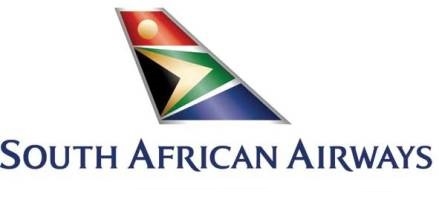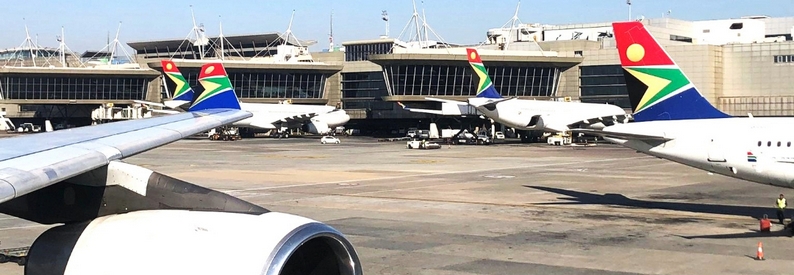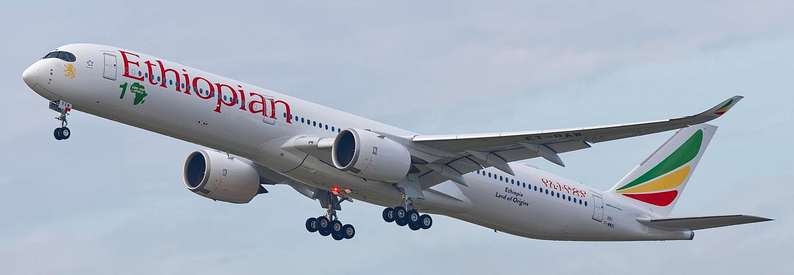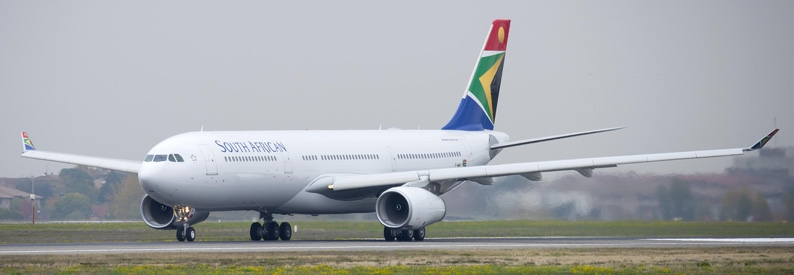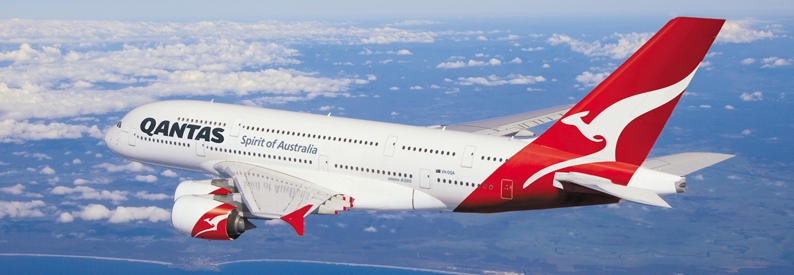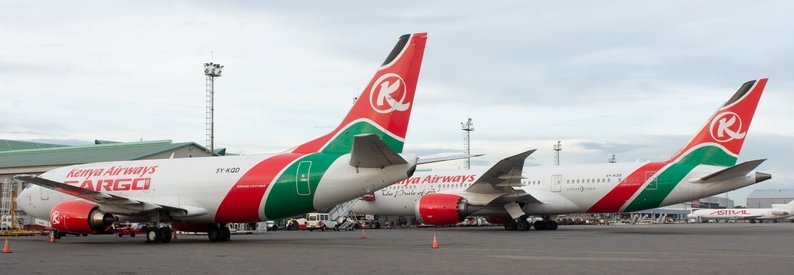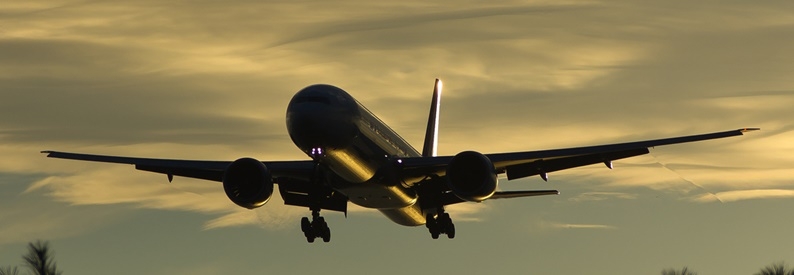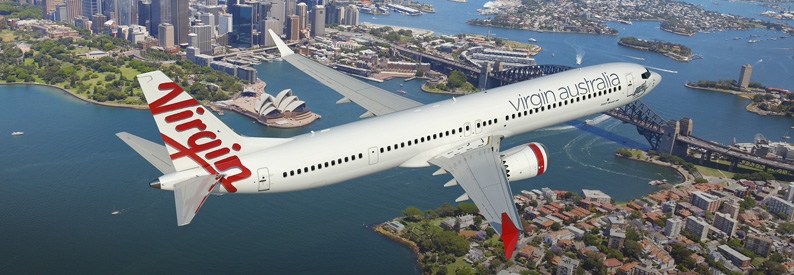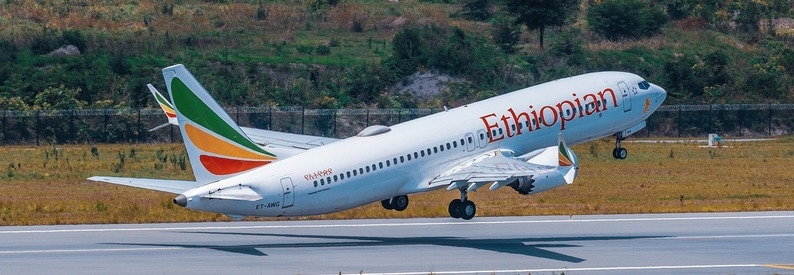A former board member of South African Airways (SA, Johannesburg O.R. Tambo) is facing charges of defrauding the state carrier for failing to disclose past contractual relationships between her auditing firm and two companies, PricewaterhouseCoopers (PwC) and Nkonki Incorporated, which were awarded a multi-year auditing contract worth ZAR59 million rands (USD3.3 million) for SAA's 2011/12 financial year.
Yakhe Kwinana, an accountant and former chair of SAA's audit committee, appeared before the Palm Ridge Specialised Commercial Crimes Court on November 26. The case was postponed to January 29, 2025. Kwinana was granted bail of ZAR20,000 (USD 1,104), the National Prosecuting Authority (NPA) announced in a statement.
The state alleges that Kwinana, in her capacity as head of the SAA audit committee and a member of its accounting authority, failed to comply with her fiduciary duties under the provisions of South Africa's Public Finance Management Act. As sole director of Kwinana and Associates, she allegedly did not inform PwC, Nkonki, or SAA's board and audit committee about past ties between her company and the auditing firms, which allegedly led to improper administration of SAA’s affairs. The state alleges this non-disclosure prejudiced both SAA’s procurement process and the public, who are entitled to state contracts that comply with constitutional requirements.
SAA to triple fleet by 2028
Separately, SAA has announced that it is focusing on consolidating its current route network and fleet while preparing for a new phase of growth, which will include renewing its fleet, expanding its intercontinental routes, and pursuing environmental sustainability goals.
This comes after the airline, together with its subsidiaries, posted its first profit since 2012, ZAR252 million (USD13.9 million), for the 2022/23 financial year (April 2022 to March 2023) - the first fiscal year of commercial operations since SAA exited business rescue and resumed flights in September 2021.
Group revenue rose by 183%, from ZAR2 billion (USD110.3 million) to ZAR5.7 billion (USD314.6 million), while EBITDA swung from a negative ZAR1 billion (USD55.2 million) in the previous year to ZAR277 million (USD15.3 million). The airline also reported positive equity of ZAR4.7 billion (USD259.4 million) and completed its final repayment of legacy debt, leaving it debt-free. The South African government has made it clear that SAA can no longer rely on the treasury for operational support.
Interim CEO John Lamola said the results reflect the airline’s progress toward financial sustainability without reliance on the treasury. In an interview with Independent Online, he said SAA was committed to becoming "a prudent and financially self-sufficient national carrier" with a "conservative approach to expansion".
He added: "There’s a very strong element of conservatism on the extent of the expansion that SAA has in terms of how many aircraft are we going to get in the coming two to three years and which other routes we want to expand to. SAA has the success that it has now because we have prudently been very conservative, one, in the sense of choosing the routes that we launch very carefully, and secondly, in not being caught up in the hype of wanting to recreate the past glorious South African Airways."
SAA's fleet expansion plan includes leasing seven more aircraft during the 2025/2026 financial year. "Our plan is to build an airline that in the coming five years will be flying a maximum of 43 aircraft," Lamola said. "The trajectory that we are working on to 43 aircraft is achievable and has a multiplier effect that takes us to ten years because that multiplier effect means that we'll be able to fly new routes." At the date of business rescue in December 2019, SAA operated a fleet of 44 aircraft.
In July, SAA told ch-aviation its long-term fleet plan would require a Request for Proposals (RFP) from Airbus, Boeing, and Embraer for new aircraft purchases, a timeline for which has not yet been finalised as the airline addresses its current operating finance and short-term fleet requirements.
Talking to banks
Asked about the need for a strategic investment partner going forward, Lamola said SAA is currently in talks with local banks to raise funds for risk mitigation in the first expansion phase. In the second phase, the airline would seek a "loosely defined" strategic equity partner to assist with the re-fleeting.
"We are talking to local banks where we are raising some amount of funds to enable us to be cushioned from any unforeseen risks we might have that we spoke about. And that is just for Phase One. It's a risk mitigation capital base that we are involved in. Phase Two is a strategic equity partner that is very loosely defined,” he said.
A previous plan to sell 51% of SAA to the Takatso Aviation Consortium was cancelled in March 2024 after the parties could not reach an agreement.
According to the ch-aviation fleets module, SAA's current all-Airbus fleet comprises eight leased A320-200s with three more to follow; two leased A330-300s; and two company-owned A340-300s. It is also damp-leasing three B737-800s from SunExpress (XQ, Antalya).
